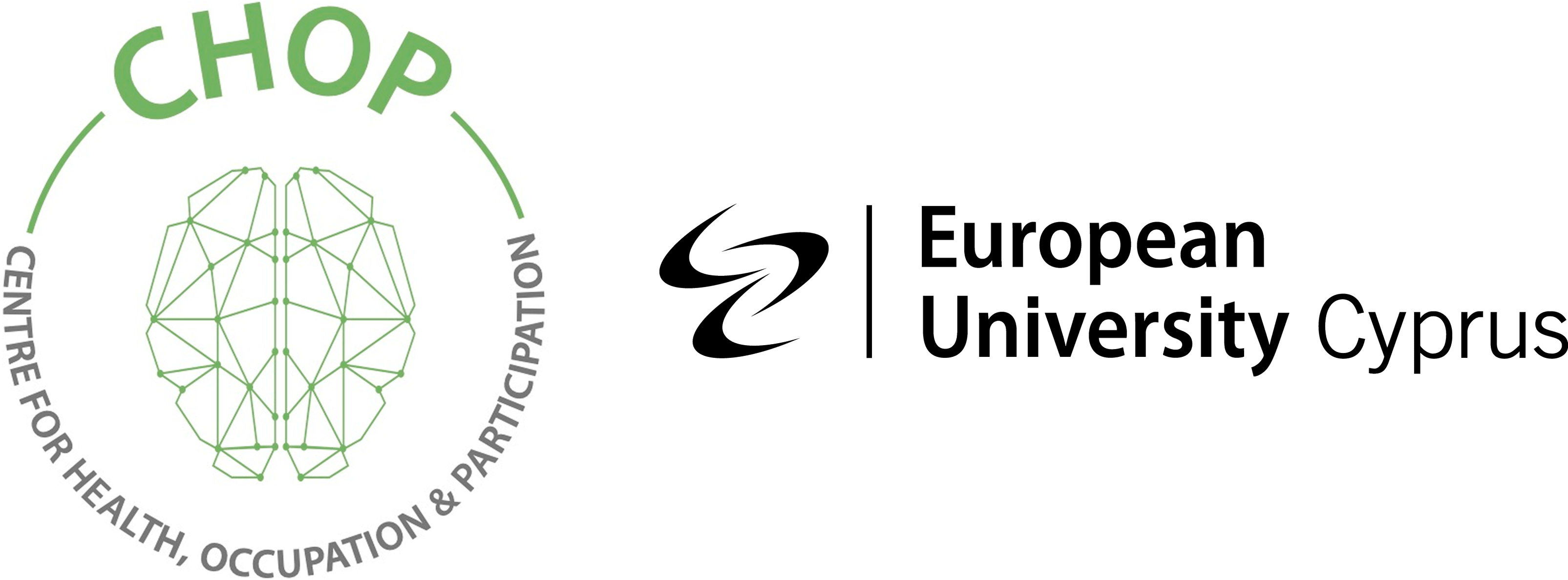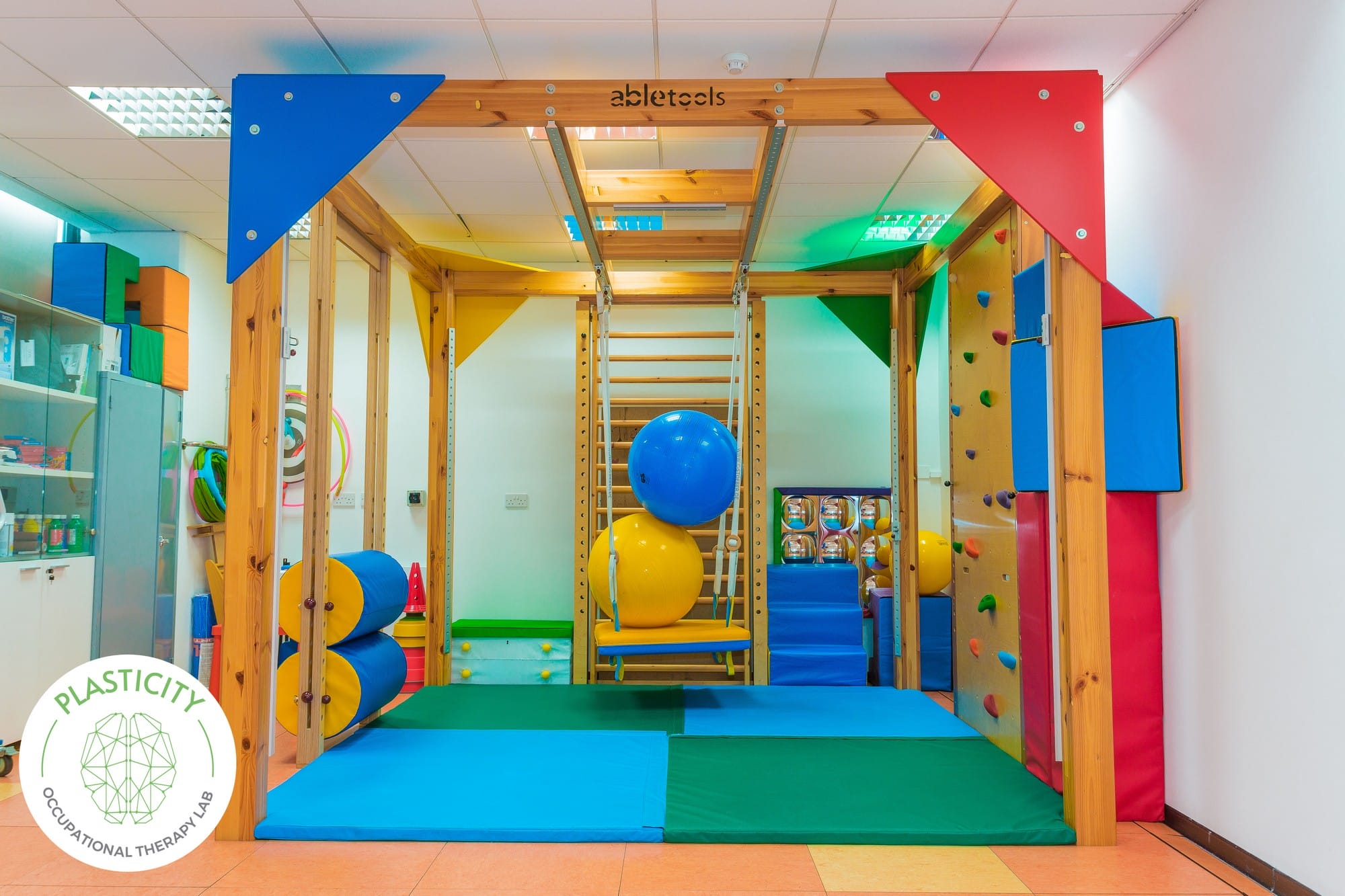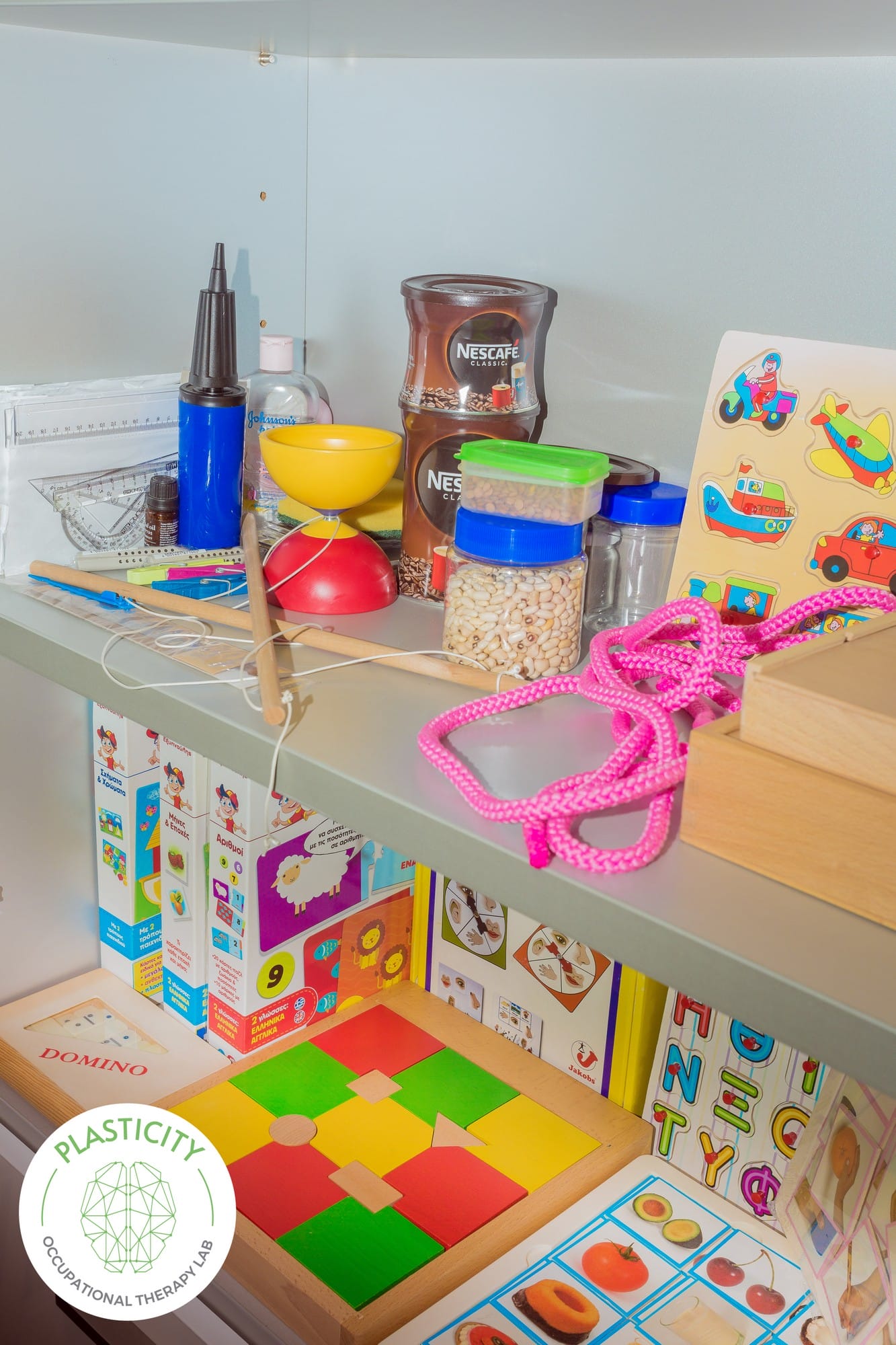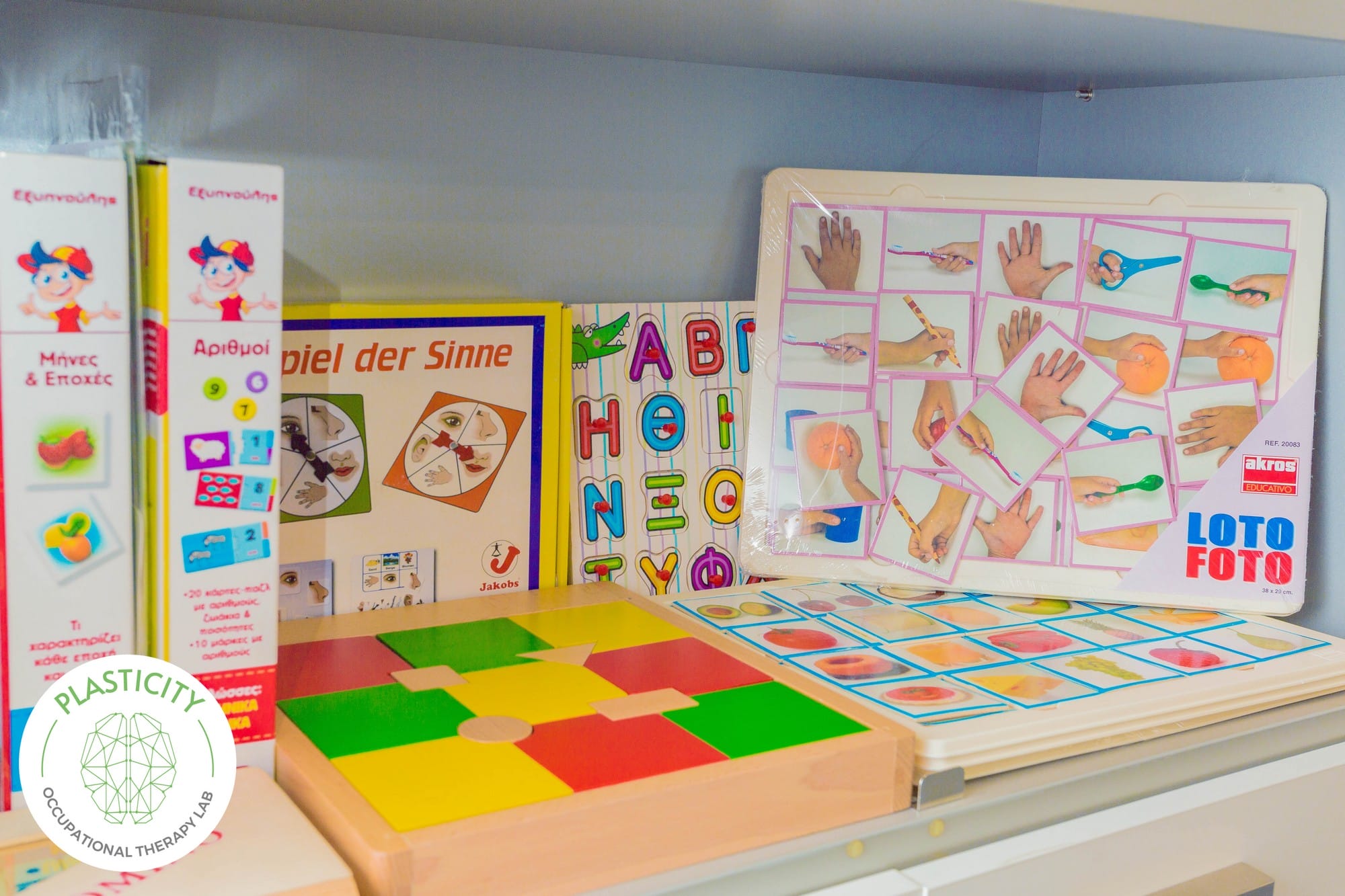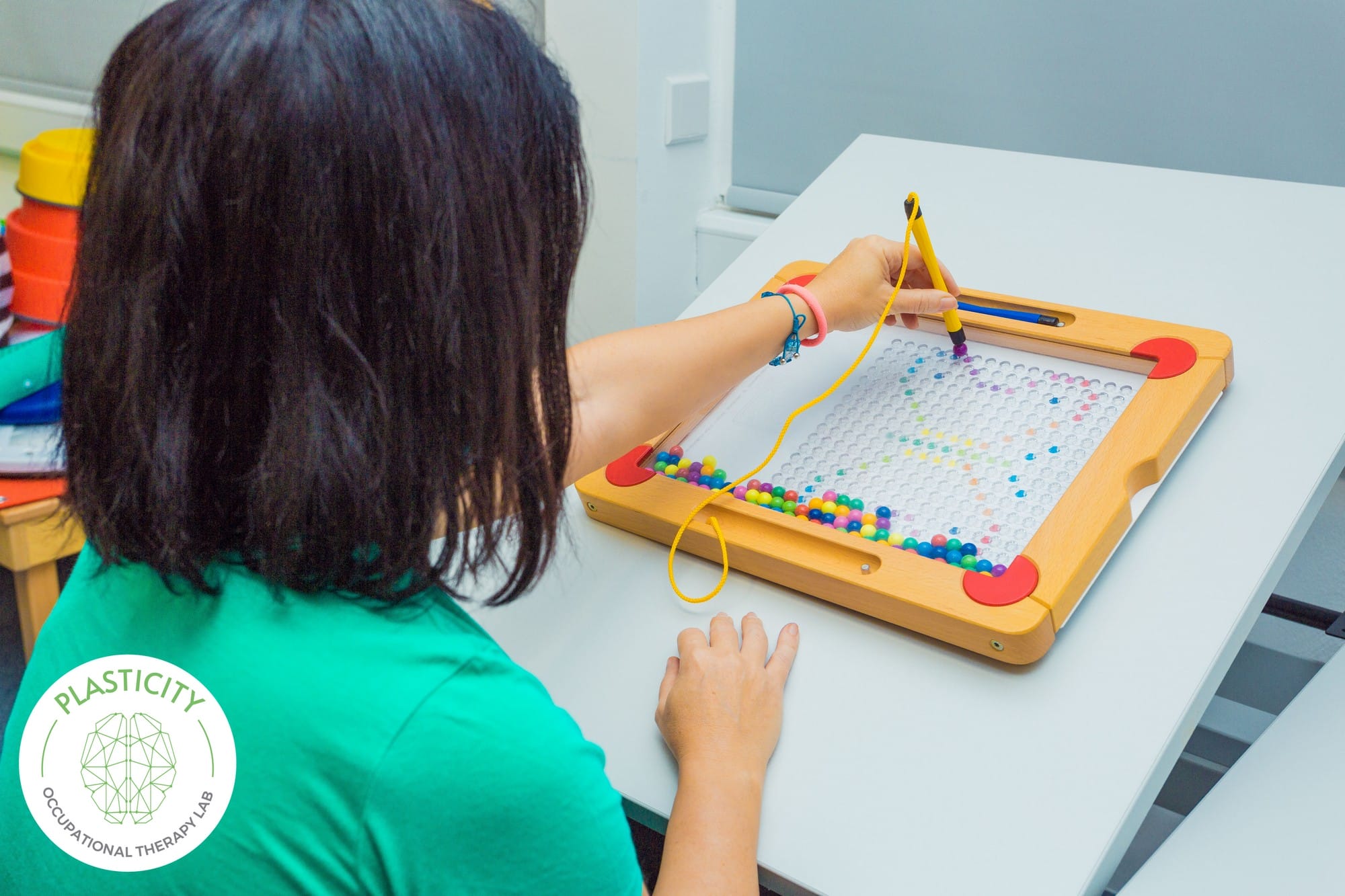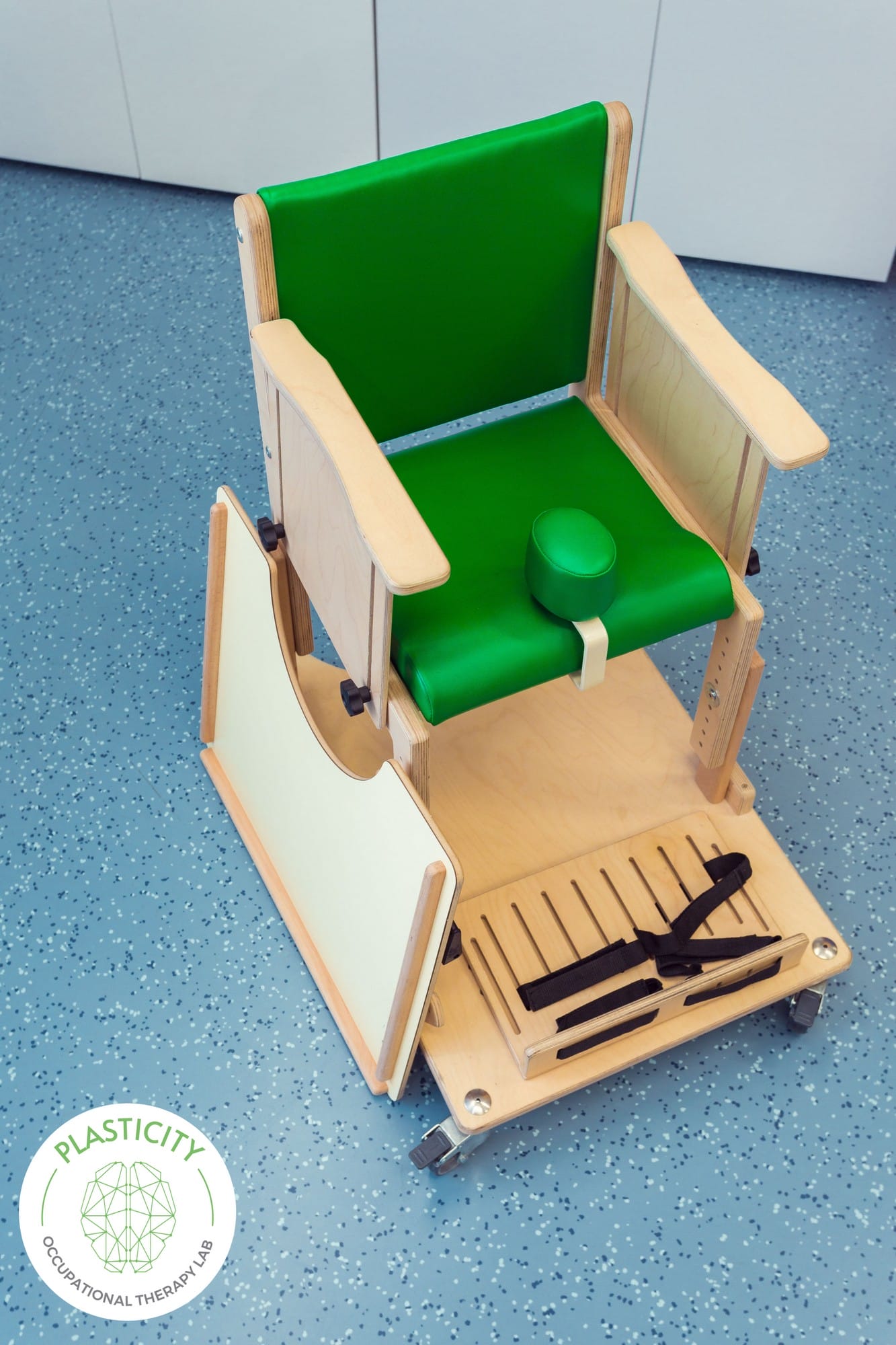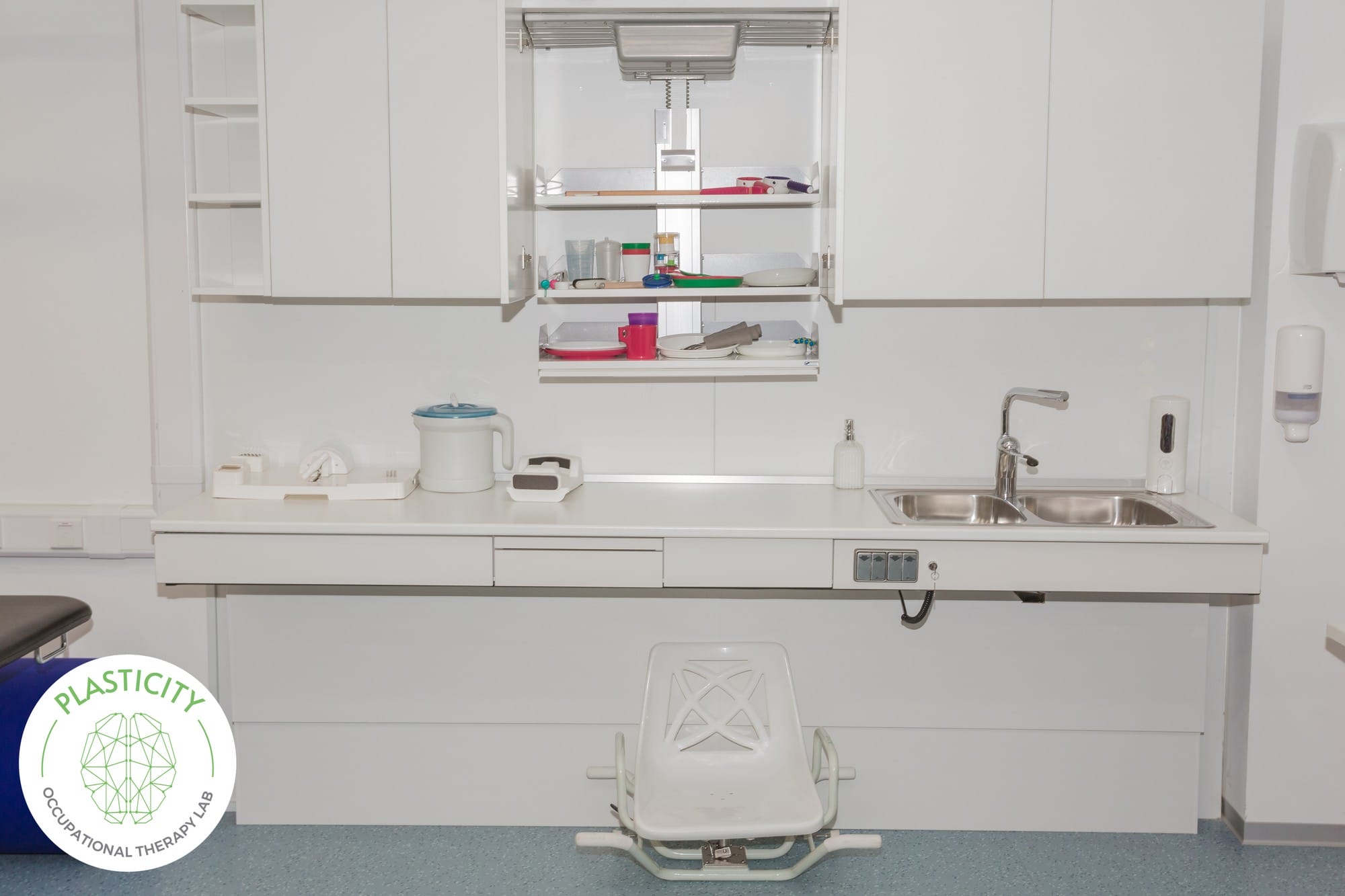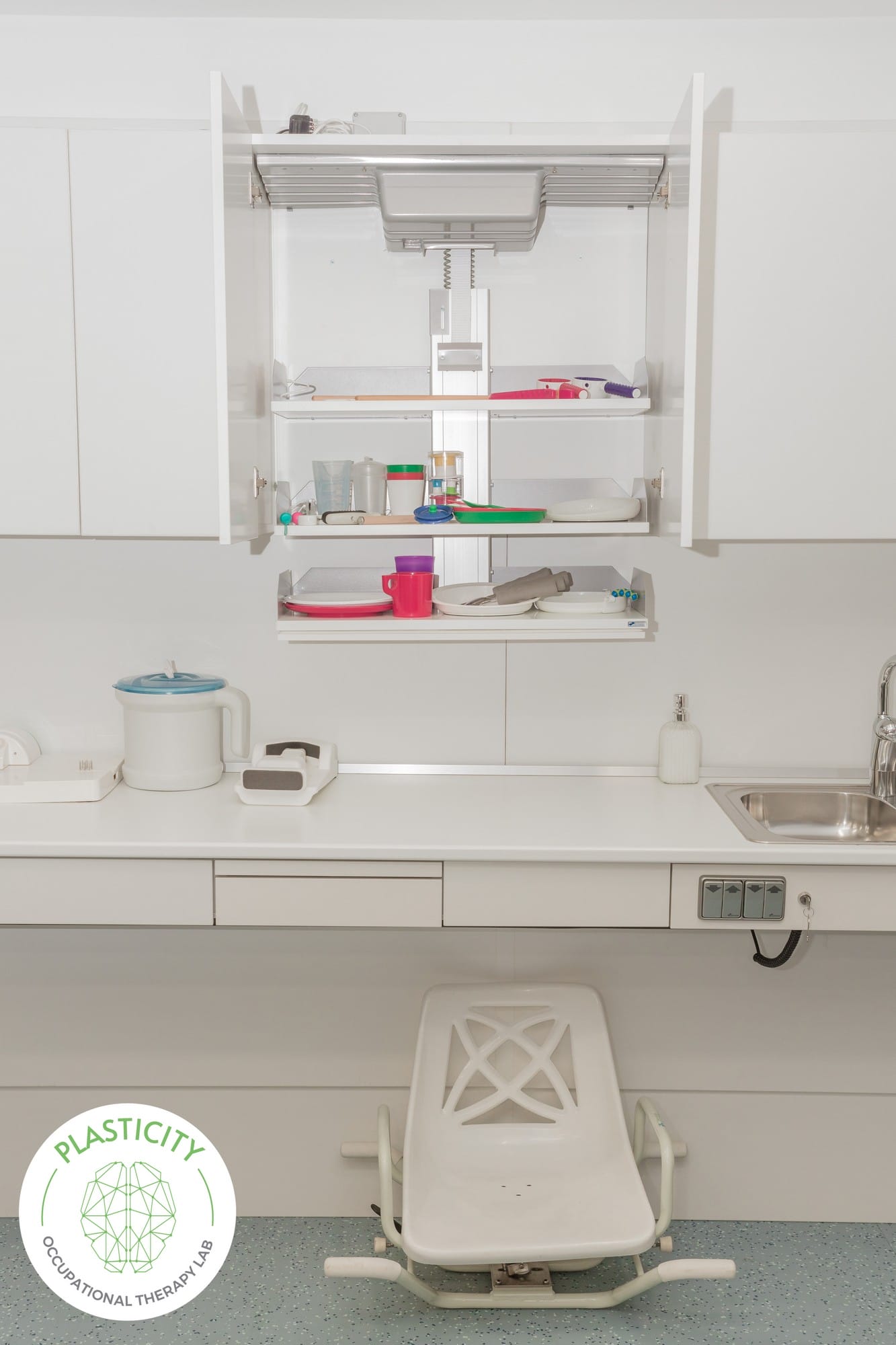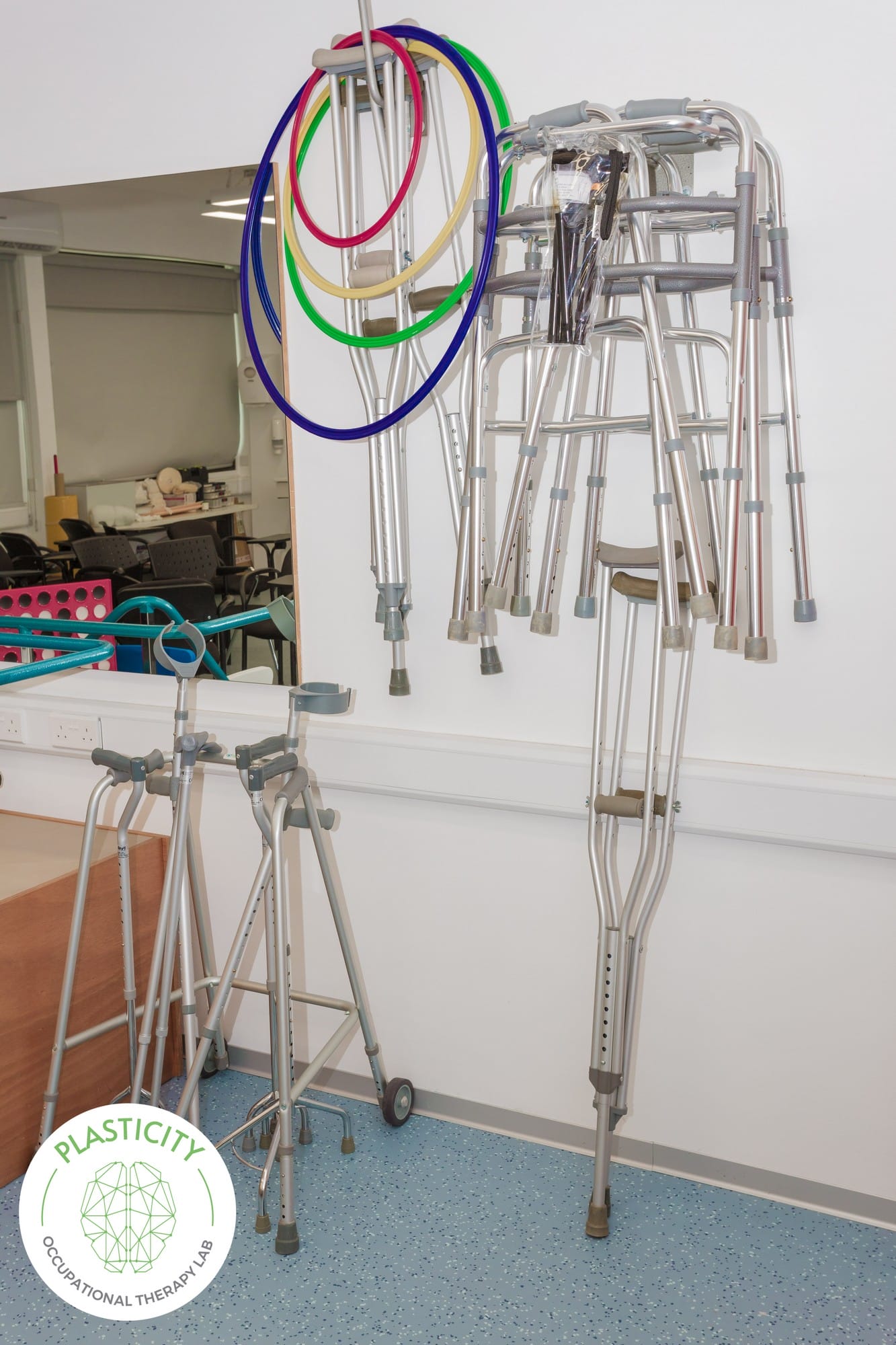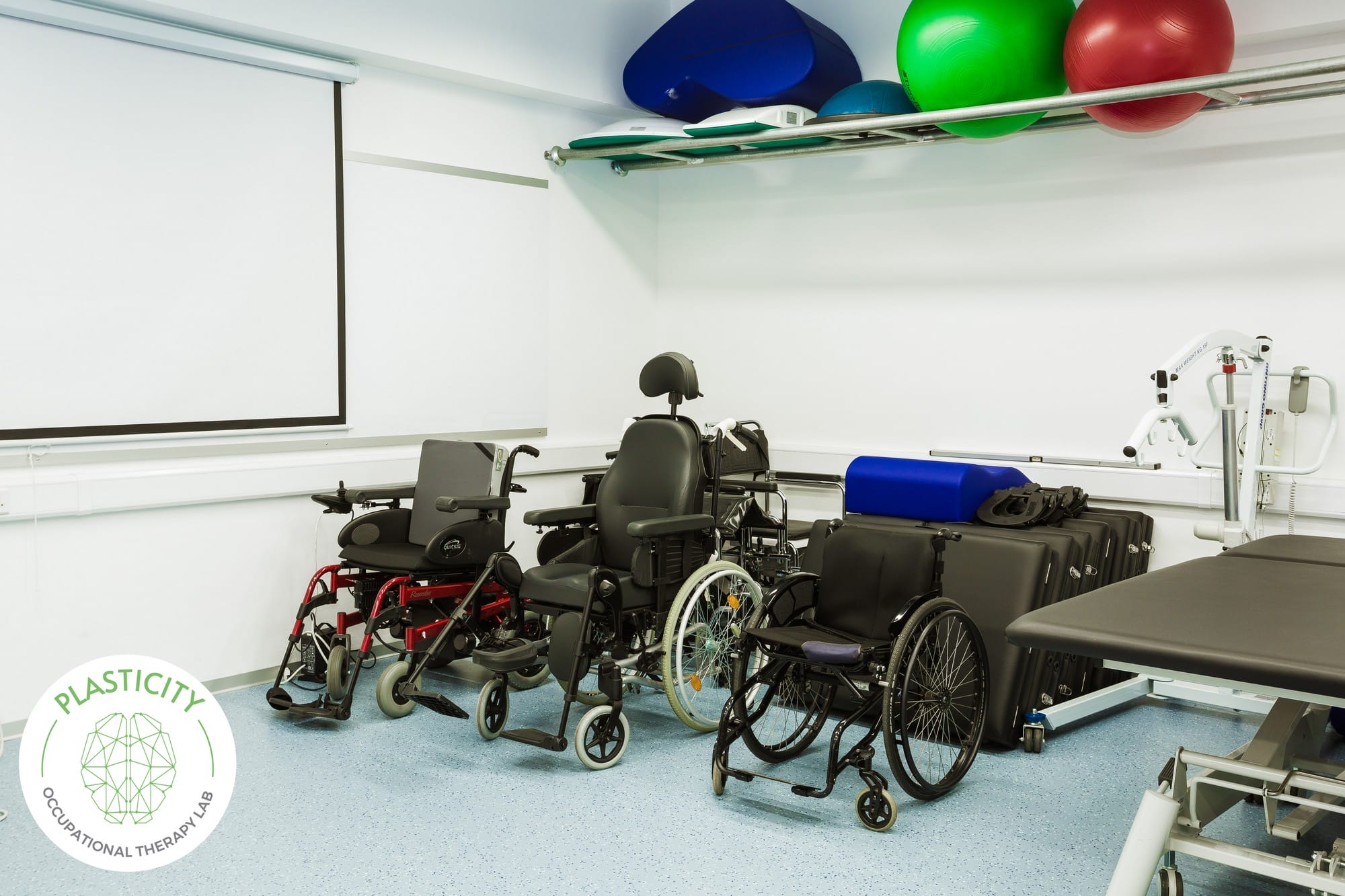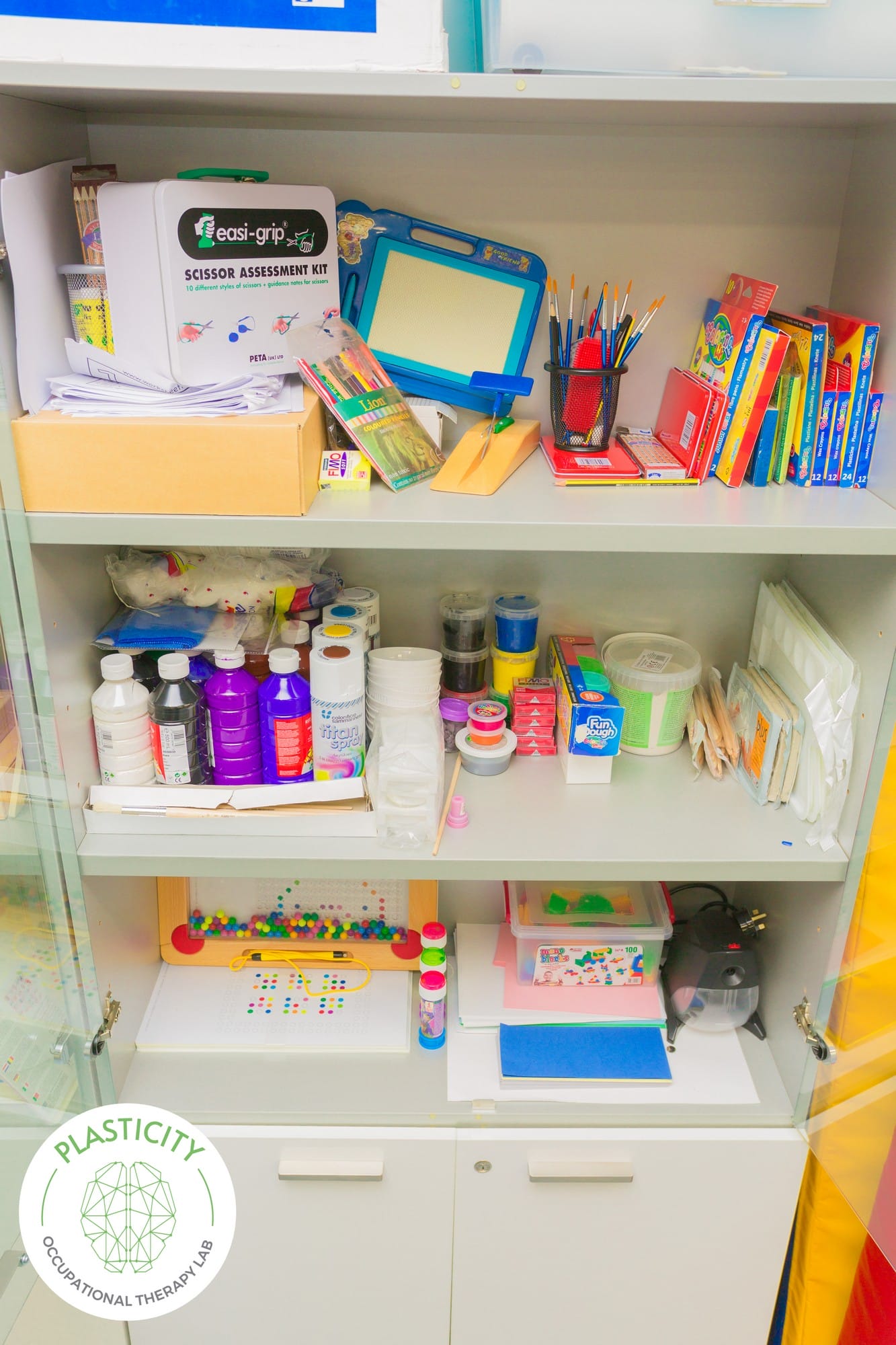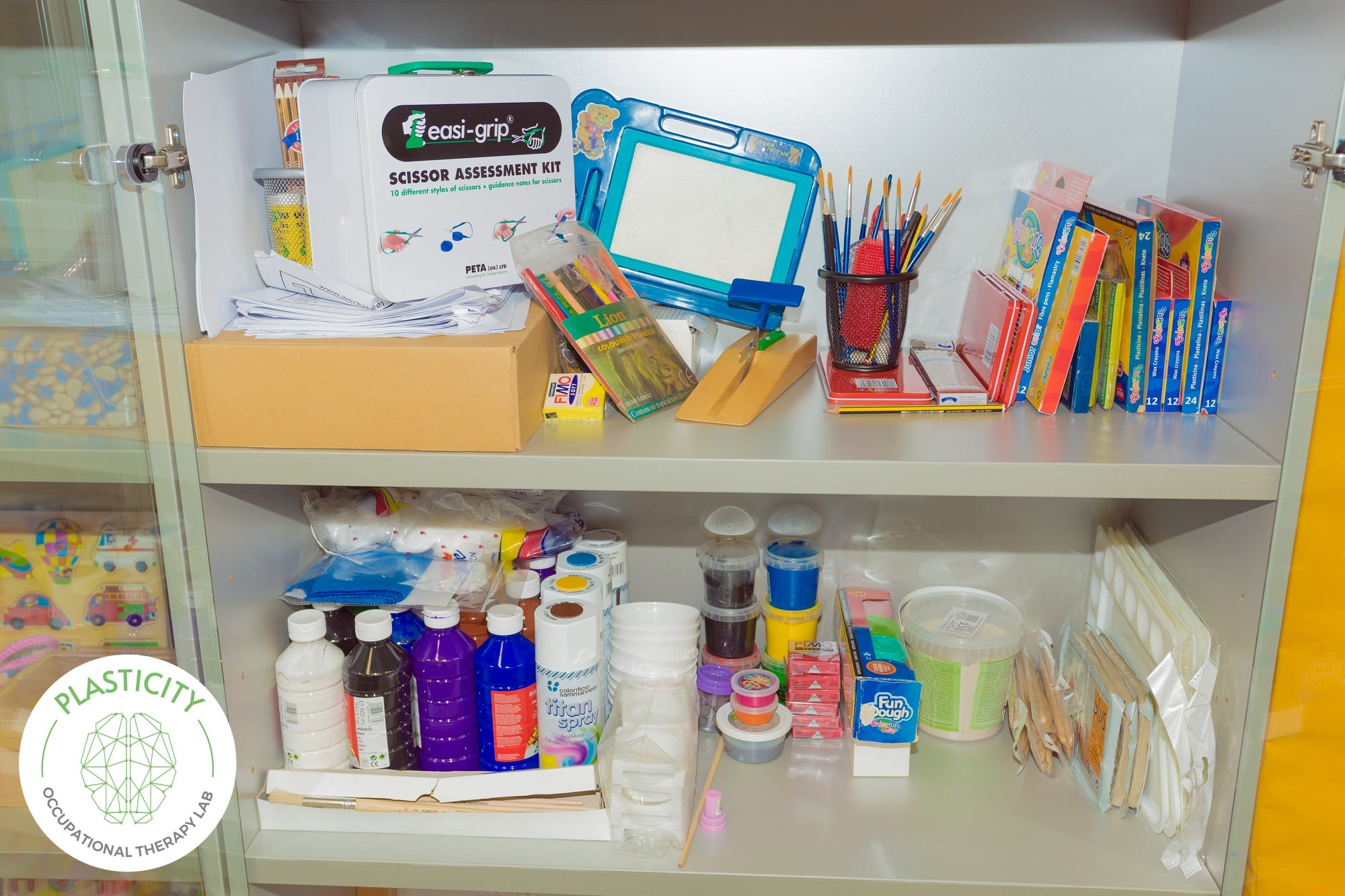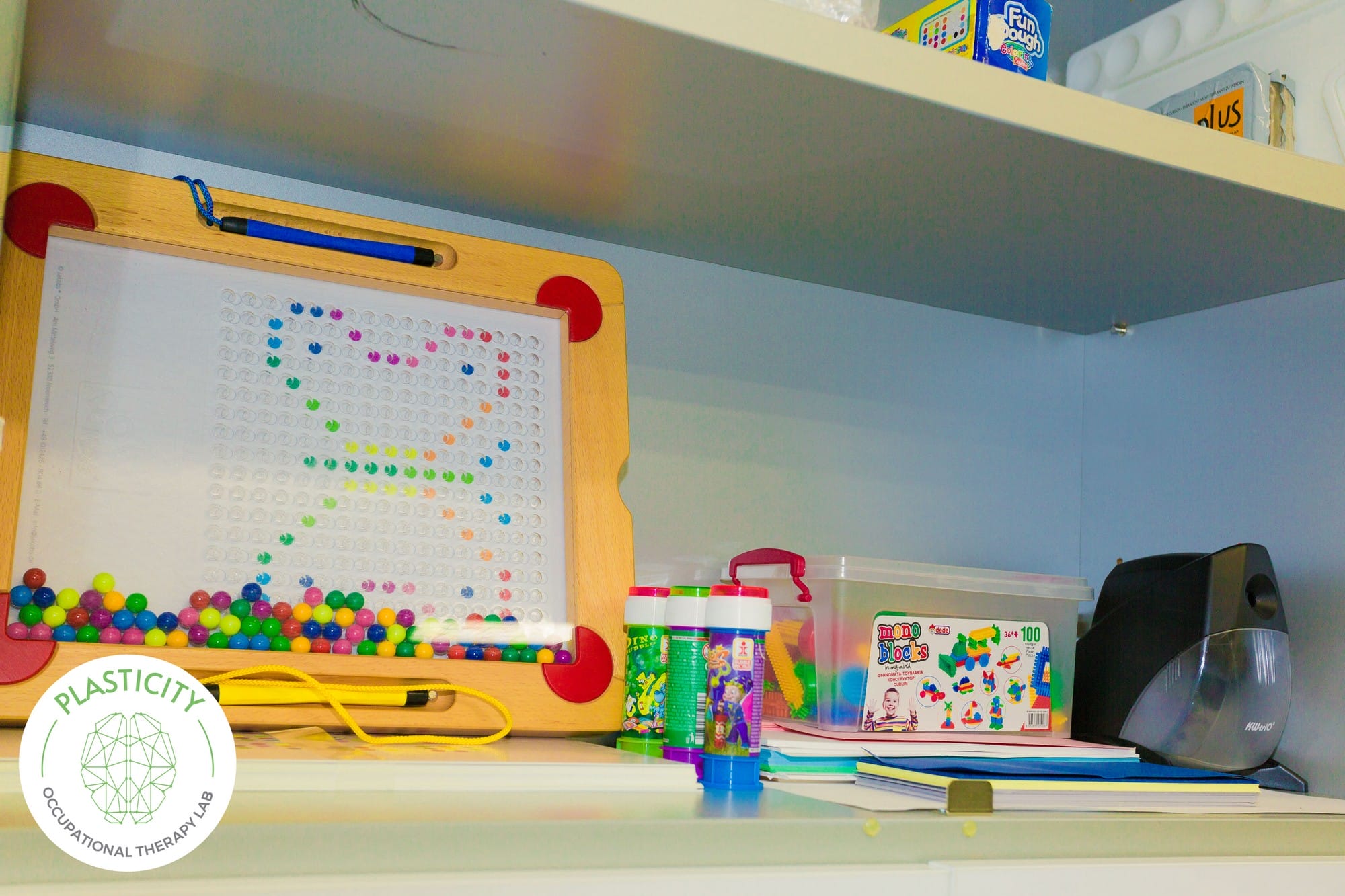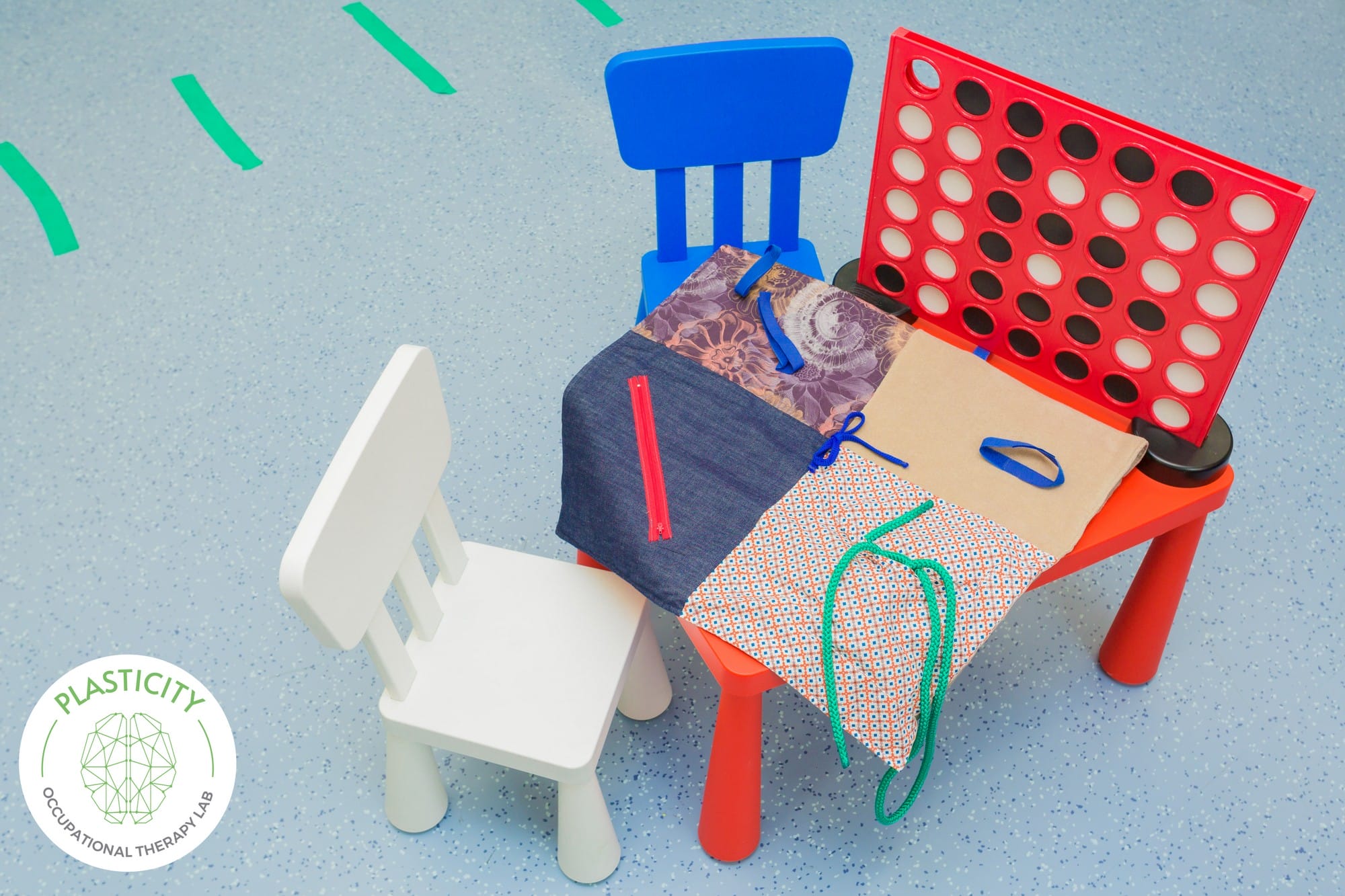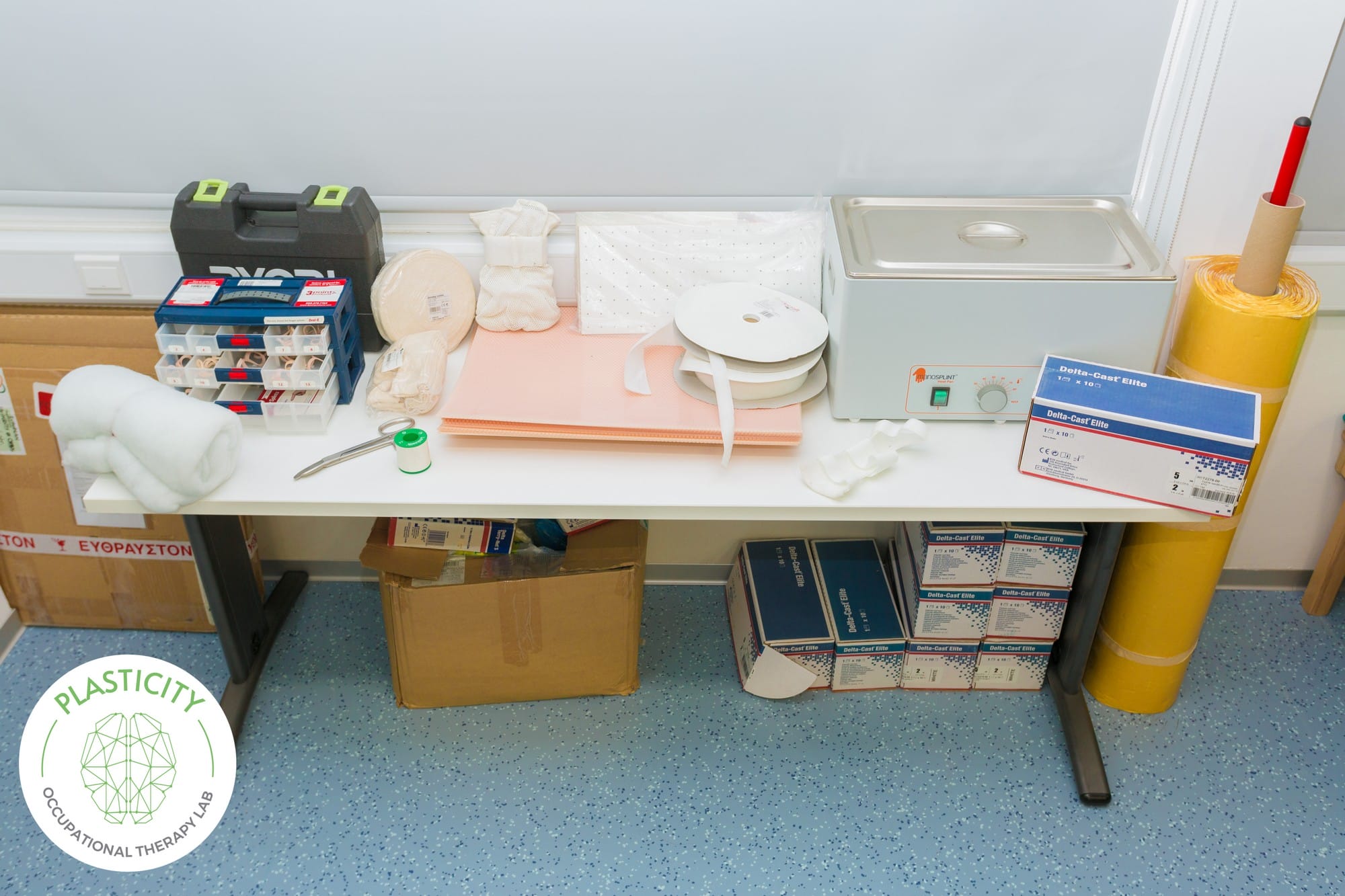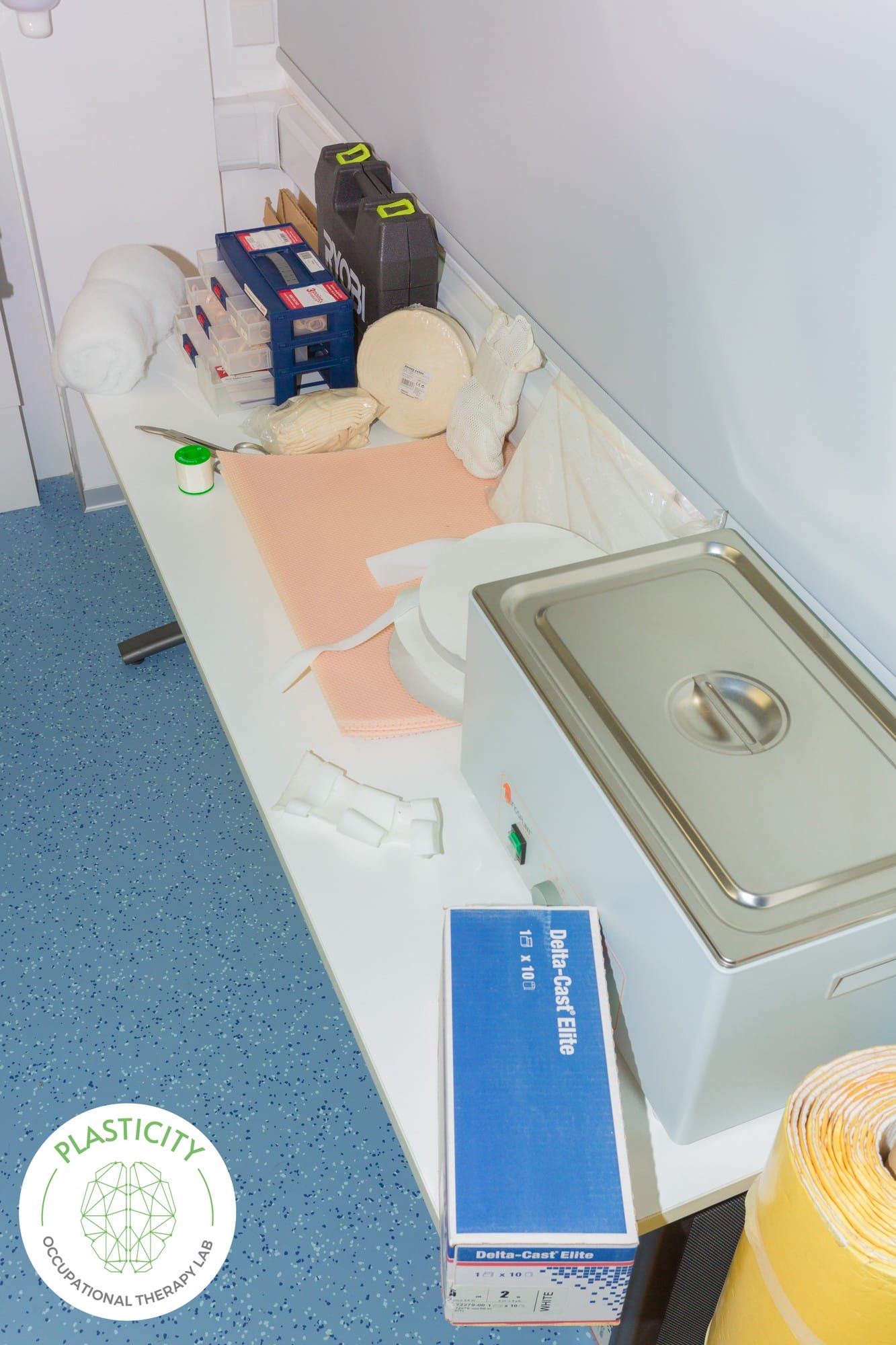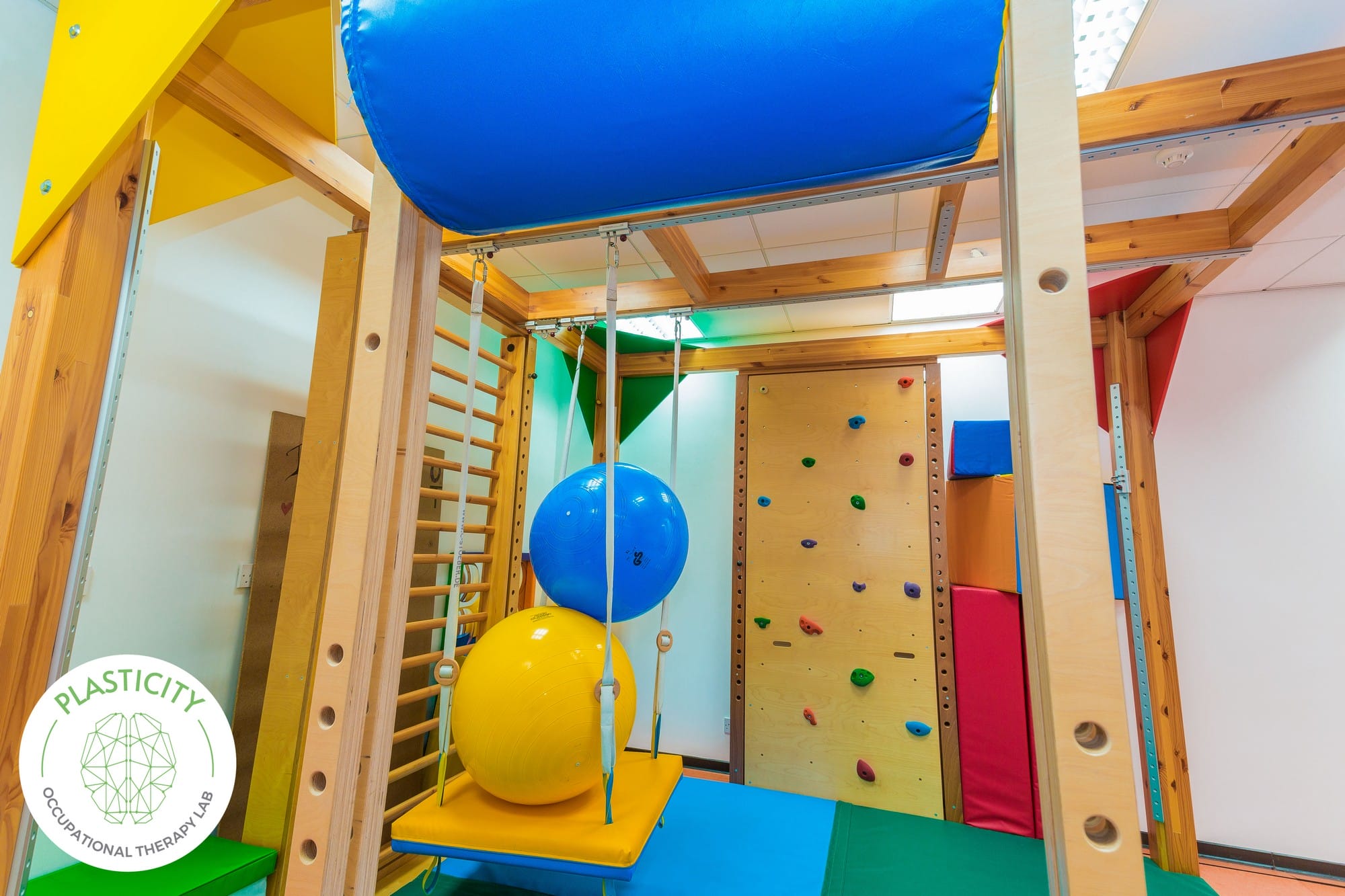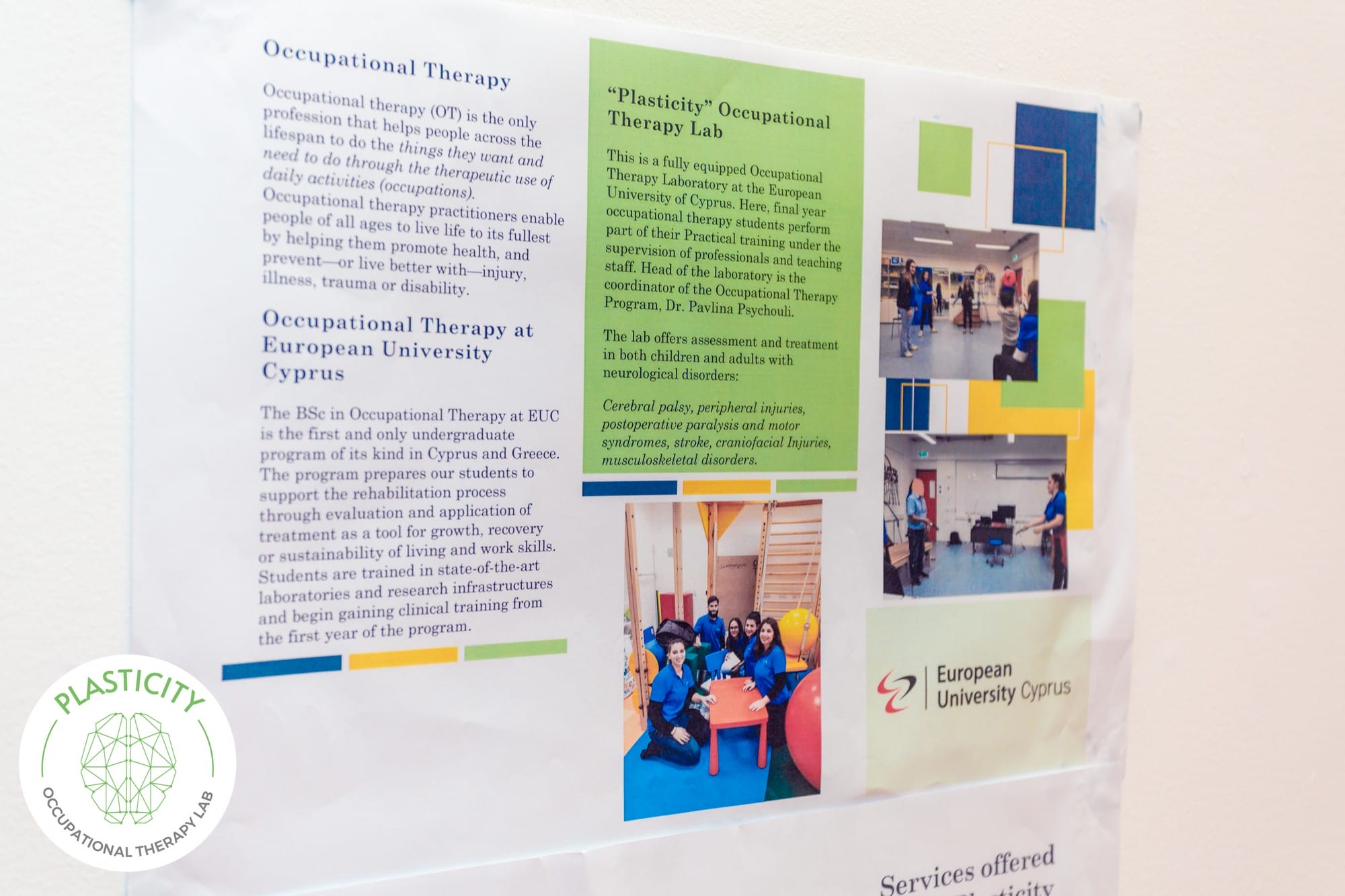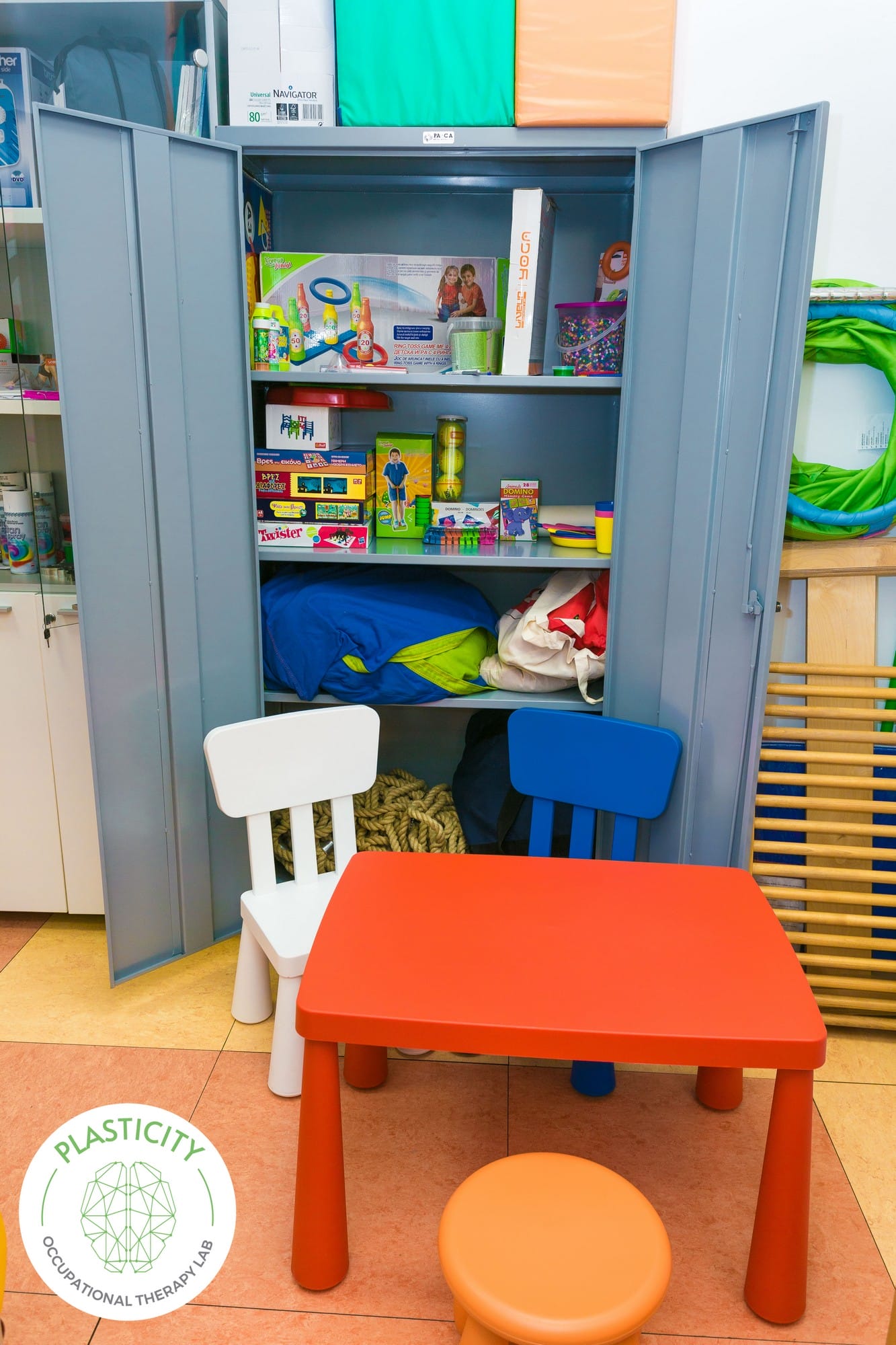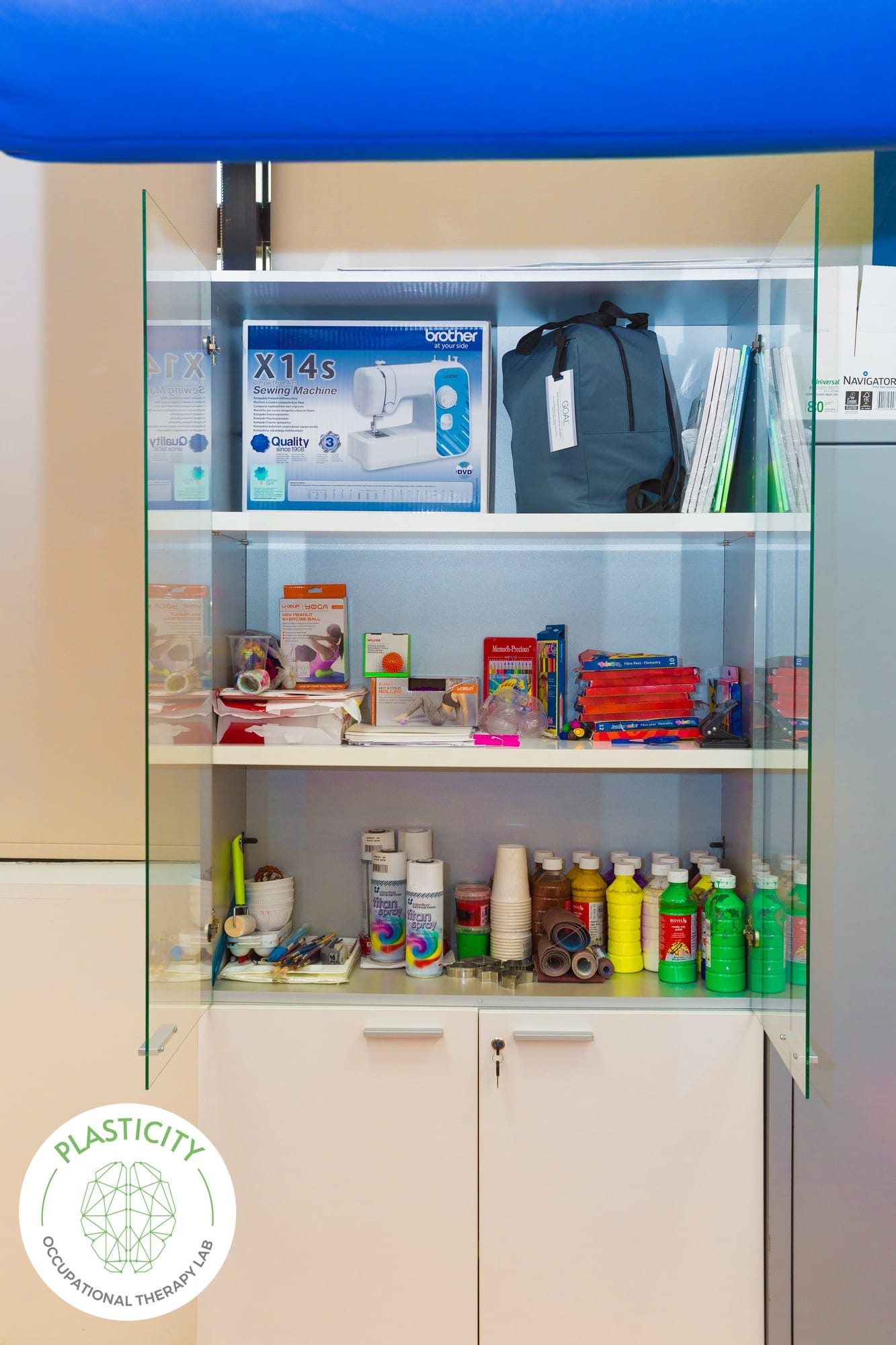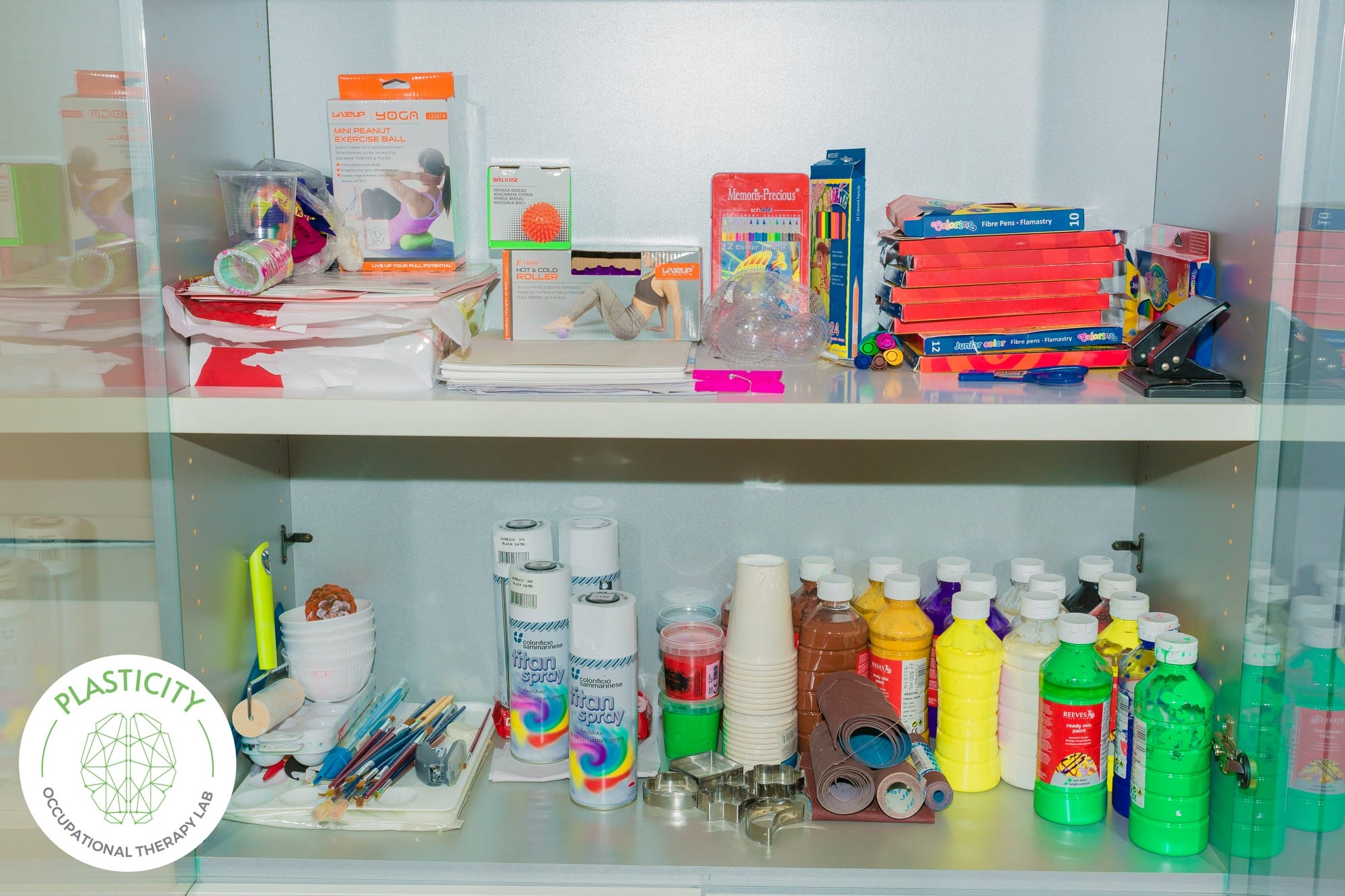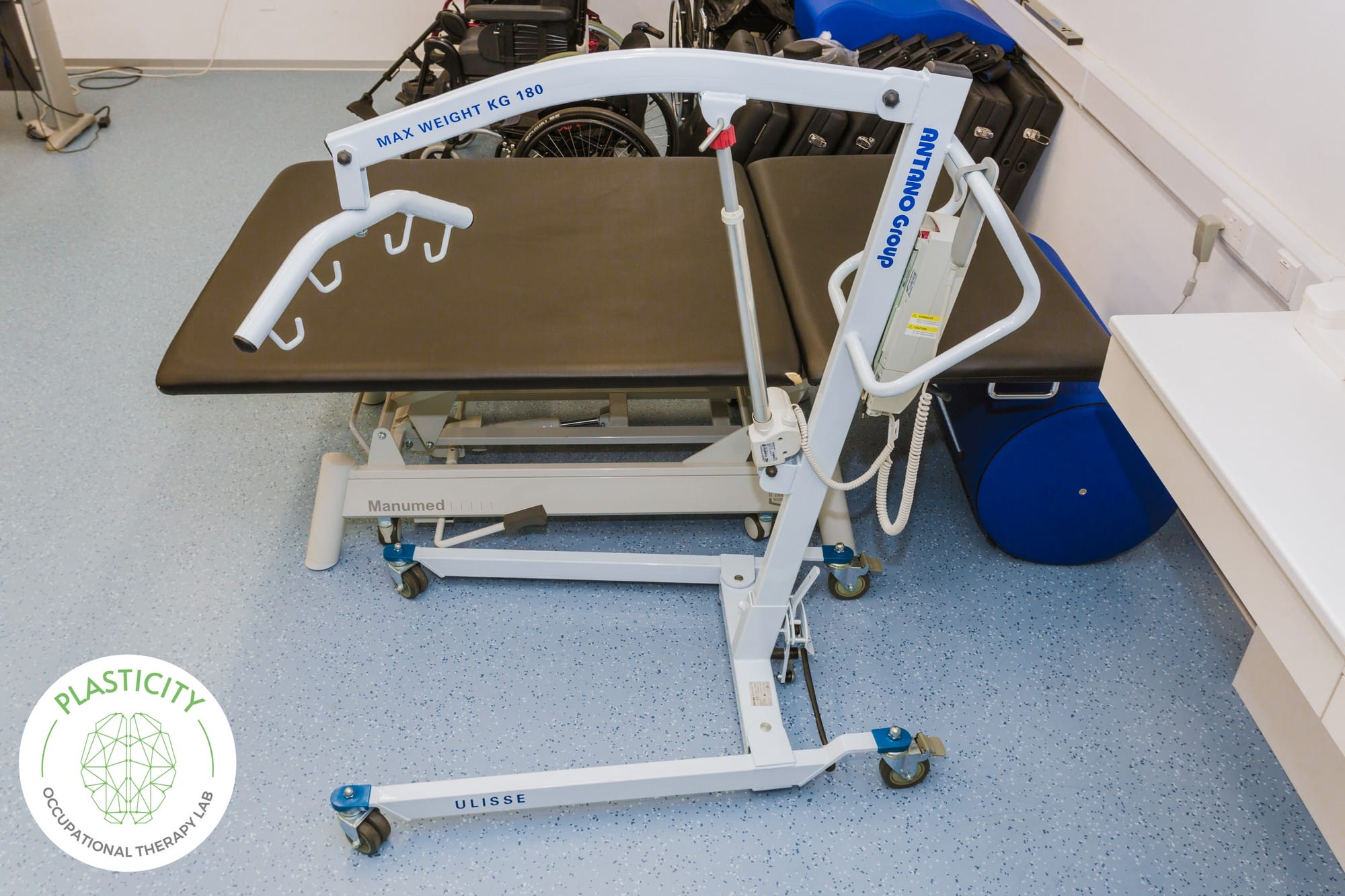Expert care for both paediatric and adult movement disorders
About the Centre for Health, Occupation and Participation
Personalised support for every stage of life
The Centre for Health, Occupation and Rehabilitation (CHOP), is fully funded by the European University of Cyprus (EUC). We bridge theory with hands-on training, providing students with real-world clinical experience and research opportunities to advance occupational therapy.
Our centre receives referrals from a wide range of sources, including individuals, healthcare professionals, educators, and support organisations. We offer services for both children and adults, responding to the unique needs of each person. Our team specialises in supporting individuals facing a variety of challenges—whether physical, social, psychological, or functional. With a strong emphasis on holistic care and respect for diversity, we design personalised programs that empower individuals and enhance their quality of life at every stage.

Free Service

Educating EUC Students

Group or Individual sessions

Online or In Person
Therapy Programs
We provide specialized occupational therapy for a wide range of diagnostic categories, tailored to individual needs.
Plasticity
Plasticity uses evidence-based occupational therapy services—both in-person and via telehealth—for individuals of all ages with motor challenges.
Lifestyle Shaping for Health and Well-being
Lifestyle redesign is a person-centered, empowering approach that supports individuals in making sustainable and health-enhancing changes to their daily lives.
PlastiKids
PlastiKids supports children in engaging meaningfully with the world around them by removing barriers and adapting environments.
Bridging Occupational Gaps with Refugees & Asylum Seekers
Initiated as a collaboration between the Occupational Therapy Program of the European University Cyprus and the United Nations High Commissioner for Refugees (UNHCR) in Cyprus.
Specialised occupational therapy for individual needs
For Clients and Client Representatives
Help shape therapy programs tailored to real needs.
For Students
Gain hands-on experience and professional training.
For Researchers
Partner with us to drive innovation in occupational therapy.
For Professionals
Join us in advancing evidence-based practices.
Frequently Asked Questions
What is occupational therapy, and how can it help my child?
Occupational therapy (OT) is a healthcare profession focused on enabling individuals to participate in meaningful daily activities, or “occupations.” For children, these activities include playing, learning, and socializing. Occupational therapists work with children to develop the skills necessary for independence in these areas, addressing physical, cognitive, sensory, or emotional challenges that may hinder their participation.
How do I know if my child needs occupational therapy?
Children may benefit from OT if they experience difficulties in daily activities such as dressing, feeding, handwriting, or interacting with peers. Signs include delays in developmental milestones, challenges with fine or gross motor skills, sensory sensitivities (e.g., overreacting to sounds or textures), or behavioral concerns impacting daily routines. Consulting with a pediatrician, developmentalist doctor or an occupational therapist can help determine if OT is appropriate for your child.
What does a typical occupational therapy session look like for a child?
A typical occupational therapy session follows a top-down approach, focusing on the child’s daily activities and meaningful participation rather than isolated skill-building. Sessions are designed to be engaging and play-based, incorporating real-life tasks and games that mirror the child’s everyday experiences. Instead of working solely on fine or gross motor skills, therapists embed these skills into functional activities. For example, a child may practice dressing skills by playing a dress-up game, develop hand strength through fun kitchen activities like stirring or squeezing bottles, or refine coordination by setting up and navigating an obstacle course as part of an imaginative adventure. The therapist sets individualized and holistic goals, using play and daily routines as the primary tools to enhance independence, confidence, and skill development in a way that feels natural and motivating for the child.
What does the occupational therapy process look like for families?
At our clinic, the occupational therapy process is family-centered and goal-driven, following the Occupational Therapy Practice Framework (4th edition) OTPF-4. We begin with an evaluation, where we collaborate with families to understand the child’s strengths, challenges, and daily routines, developing a personalized occupational profile. During intervention, therapy is embedded in real-life activities, play, and daily tasks, ensuring skills are built in meaningful and engaging ways. Parents and caregivers receive practical strategies and coaching to support progress at home and school. We continuously monitor outcomes, adjusting interventions to help children gain independence, confidence, and success in daily activities, improving both their well-being and family life.
Why is parental involvement essential in the occupational therapy process?
Parental participation is crucial in occupational therapy, as children learn and develop best within their natural environments. By actively engaging in the process, parents help reinforce occupations learned during therapy, ensuring progress extends beyond sessions into daily routines at home, school, and play. Through collaboration, coaching, and tailored strategies, parents become empowered to support their child’s growth, making therapy more effective and meaningful. A strong family-therapist partnership enhances outcomes, promotes consistency, and fosters a child’s independence and confidence in everyday life.
How long will my child need occupational therapy for?
The length of occupational therapy varies for each child and depends on their individual needs, goals, and progress. Therapy is regularly monitored and adjusted, progress is evaluated and assessed in recommended time frames, ensuring it remains effective and aligned with the child’s development. The therapist will work closely with families to set realistic goals and determine the best course of action, always aiming to promote independence and meaningful participation in daily activities.
